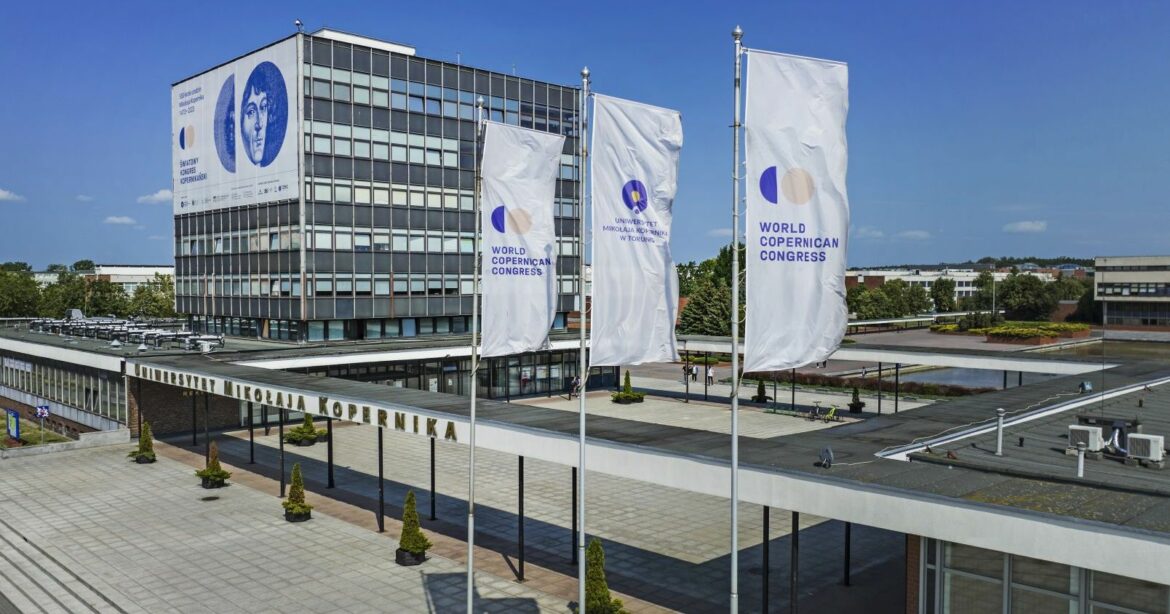The final instalment of the World Copernicus Congress will take place next week in Toruń. The Congress is being organised on the 550th anniversary of Nicolaus Copernicus’ birth by three universities: Nicolaus Copernicus University in Toruń, Jagiellonian University and the University of Warmia and Mazury, as well as the Institute of the History of Science of the Polish Academy of Sciences.
After debates in Kraków between economists, philosophers, and scholars of the history of these disciplines and a discussion on the facts of life and the preservation of monuments from Nicolaus Copernicus’ legacy in Olsztyn, the time has come for more topics related to the figure of the famous astronomer. Historians, culture experts, literary scholars, art historians, astronomers and historians of astronomy, and representatives of medical sciences will come to Toruń. Each section has prepared congress events.
The history section is inviting participants to the panel ‘Copernicus and Astronomy: Continuity, Reform, and Dissemination’. Its aim is to review the state of research on pre-Copernican astronomy, Copernicus’ astronomy, and its early reception.
The cultural studies section has prepared a conference on ‘Nicolaus Copernicus in the Culture of Remembrance’ divided into three panels on historical memory, literature and theatre, and art.
Members of the history of medicine section will examine the issue of medical journeys in Central and Eastern Europe from the time of the great astronomer (who studied medicine in Padua) to the present, while the medical section will present profiles of the most eminent physicians associated with the Kuyavian-Pomeranian region from the 15th to the 20th century.
The teachers’ section is organising a conference ‘Copernicus in the 21st century – workshops on tools useful in modern education and popularisation of science’, which is aimed at teachers, educators and popularisers of science.
Arkadiusz Słomczyński





